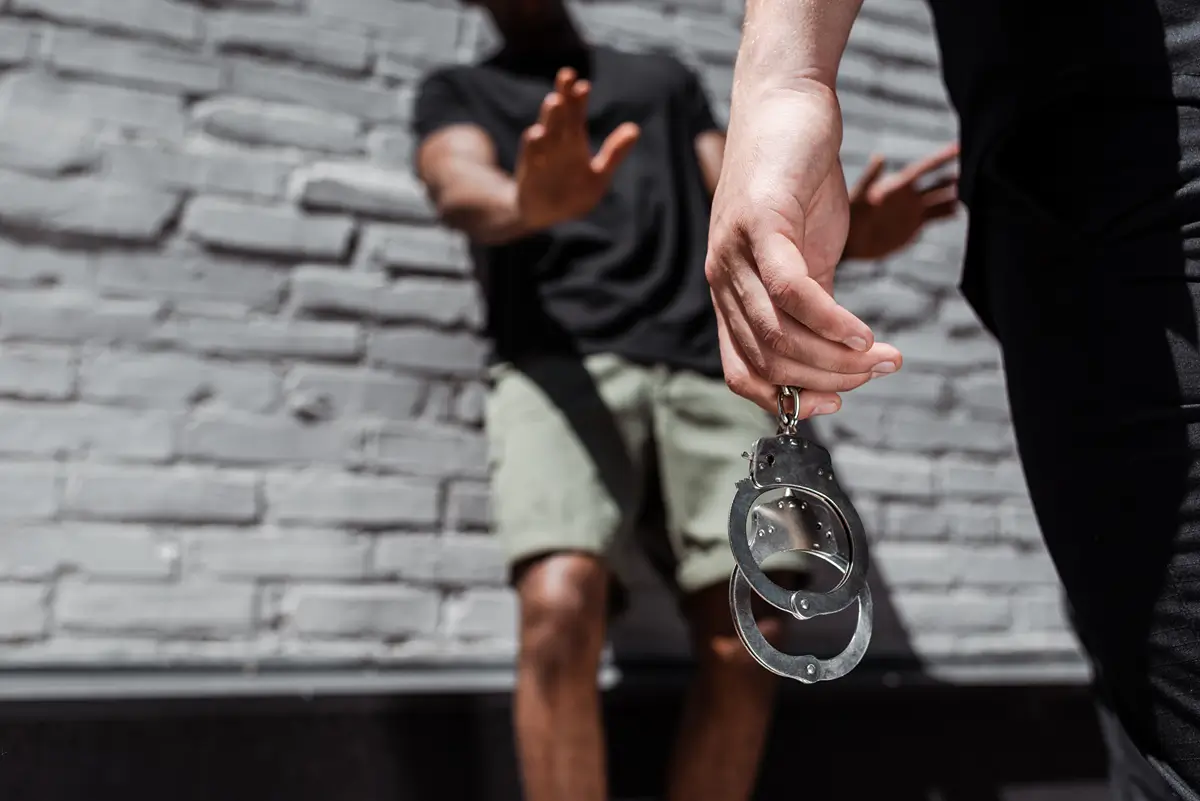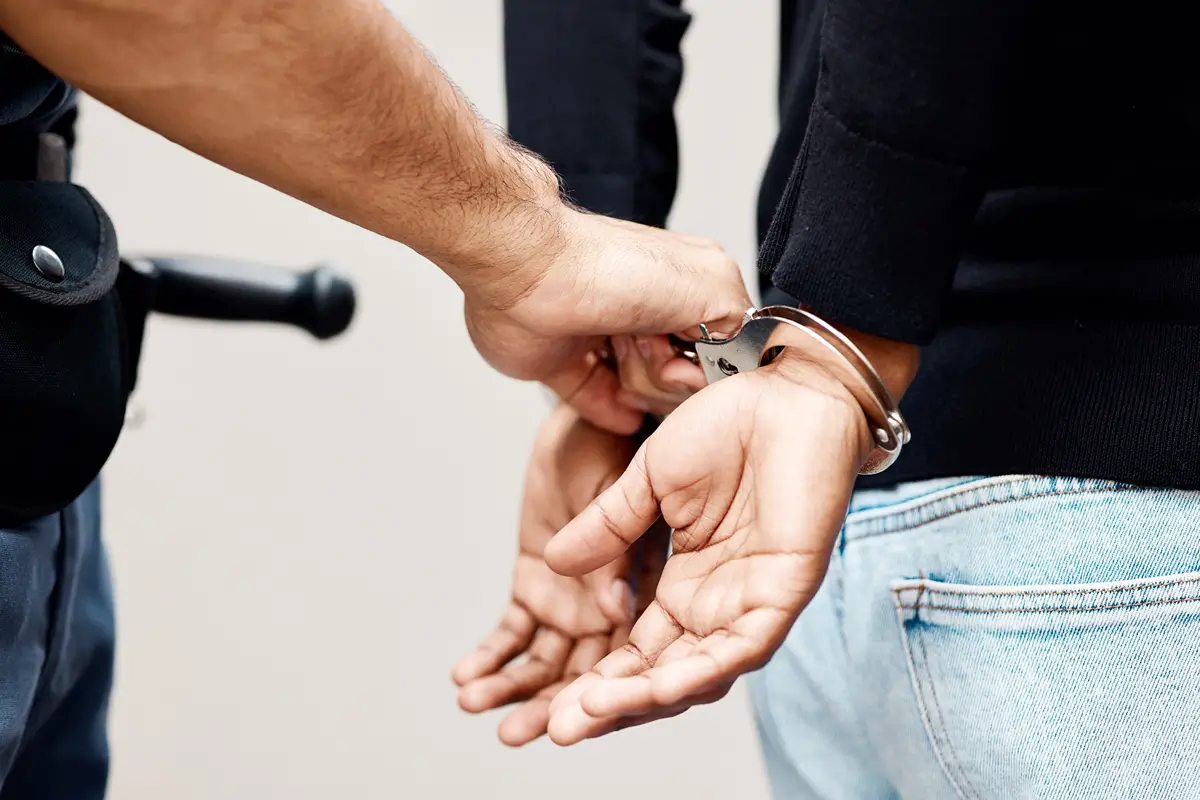When most people think of “racketeering,” they picture classic Hollywood films about the mafia. This isn’t entirely inaccurate. Passed in 1970, the Racketeer Influenced and Corrupt Organizations Act (RICO) is actually made up of several statutes targeted at individuals and organizations that engage in repeated illegal conduct over a sustained period of time. Although the RICO Act was originally passed to stop organized crime families like the ones famously portrayed by Hollywood, it has been used for a variety of other purposes over the years.
A Pattern of Illegal Activity
To be convicted of racketeering under the RICO Act, an individual must have committed at least two “predicate acts” under the Act. There are 35 “predicate acts” that qualify as racketeering. The FBI lists all the predicate acts, which include bribery, mail fraud, drug trafficking, counterfeiting, and others.
The prosecution must be able to show that a person committed a minimum of two predicate acts within a 10-year period through a criminal enterprise.
The phrase “criminal enterprise” is important, because racketeering requires the commission of a crime through a group of individuals engaged in criminal activity. A criminal enterprise can be a mafia crime family, a corporation, a street gang, and many other types of organizations. RICO charges have been brought against police departments, religious organizations, and motorcycle clubs.
Defending against a RICO Charge
RICO offenses can be prosecuted under federal or state law. Because the RICO Act has long been associated with organized crime families, many people are intimidated by it. Individuals charged with racketeering may even feel like their case is hopeless. Although a RICO Act conviction can carry severe penalties, prosecutors must prove guilt beyond a reasonable doubt, which is the highest burden in our criminal justice system.
Prosecutors must prove that an accused committed a predicate act knowingly and as part of a criminal enterprise. In cases of white collar crime and other situations, it is a defense that the accused was unaware the offense was a crime. In other cases, the individual was deceived or intimidated by leadership within an organization. In these instances, it’s unlikely the prosecution will be able to prove its case.






